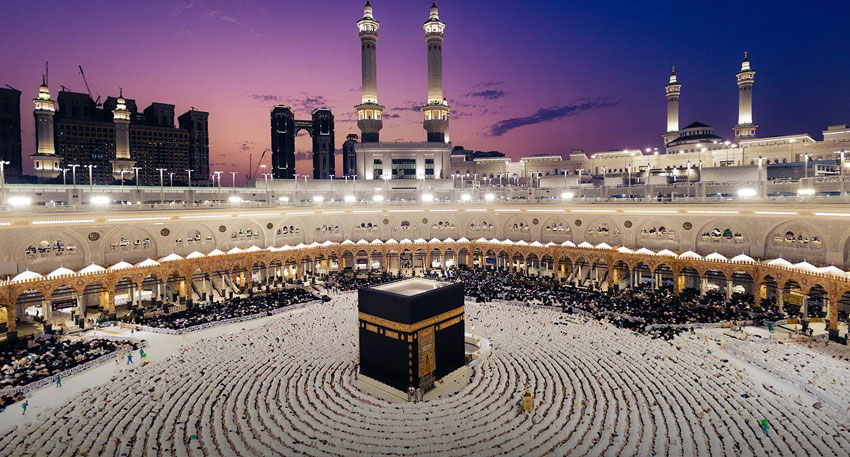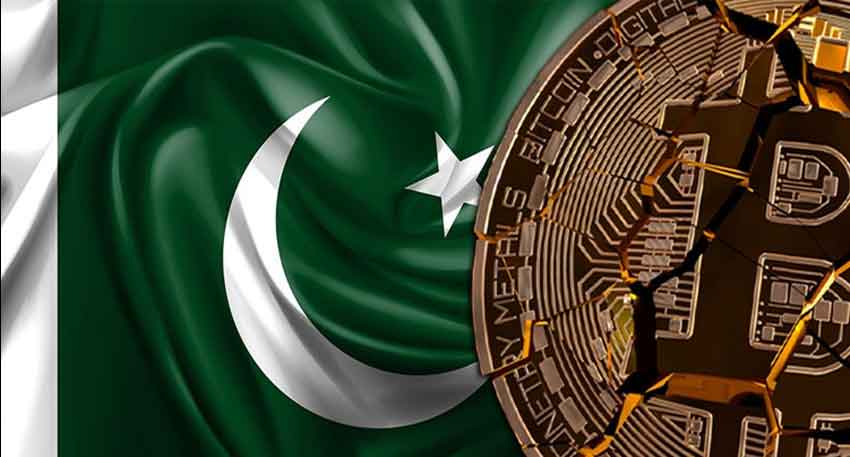Pakistan’s Permanent Representative to the United Nations, Ambassador Asim Iftikhar Ahmad, made a powerful appeal to the UN Security Council, urging immediate action to halt the humanitarian catastrophe unfolding in Gaza. Speaking during a debate on the situation in the Middle East, he warned that silence in the face of atrocities would only enable further suffering, declaring, “The cries from Gaza cannot continue to be met with silence — the world cannot afford another day of inaction.” He stressed that history would not forgive the global community for failing to act.
Ambassador Ahmad emphasized the critical need for a ceasefire, the release of hostages, unimpeded humanitarian aid, and the protection of civilians. He noted that these demands are achievable and must be urgently addressed. In the lead-up to the UN General Assembly’s conference on the two-state solution — scheduled from June 17 to 20 and co-chaired by Saudi Arabia and France — he called on Council members to unite and adopt a resolution to create a conducive environment for peace negotiations and justice for Palestinians.
Read Also: 7 million jobs at risk: UN sounds alarm over Trump’s trade war fallout
The envoy condemned Israel’s ongoing military campaign, calling it a man-made humanitarian catastrophe driven by blockade, indiscriminate airstrikes, and deliberate targeting of civilians and infrastructure. He highlighted the staggering toll: over 54,000 Palestinians killed — most of them women and children — and more than 122,000 injured. He described the trauma experienced by Gaza’s population as “beyond imagination,” stressing that over 800 medical facilities have been attacked, and hospitals are barely functioning due to lack of supplies. Ambulances and medical personnel have not been spared.
Ambassador Ahmad painted a grim picture of starvation in Gaza, revealing that 57 children have already died from hunger as humanitarian aid convoys remain obstructed or attacked. He argued that this suffering is no longer a looming threat but a harsh reality, demanding urgent action. The normalization of such atrocities, he warned, would undermine international law and human dignity.
To address the crisis, Pakistan urged the Council to take four decisive steps: fully implement Resolution 2735, halt all civilian attacks, ensure unhindered humanitarian access, condemn efforts to forcibly displace Palestinians, and push for a fair and lasting peace based on a two-state solution — with Al-Quds Al-Sharif as the capital of a sovereign Palestinian state. “This is, without question, one of the gravest humanitarian crises of our time,” the ambassador concluded.




